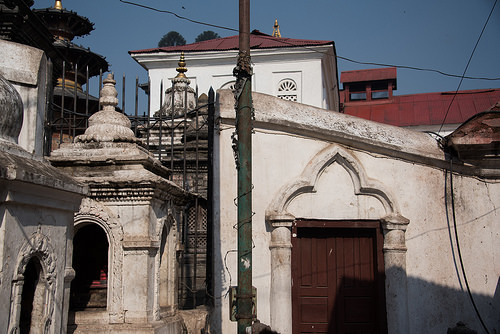Today’s modern world offers a plethora of memorial service options for our departed. Some prefer traditional burial services while some go for newer routes, such as green burials. Among the most popular is cremation, wherein our beloved deceased’s body is burned and vaporized into ashes.
Cremation services vary from one kind to the next. What matters most is that it is a respectful way of paying tribute to our loved one who has passed on. If you are considering pre-planning your own cremation or preparing cremation for a loved one, then you’re in the right place.
We’ve collected information from different resources to give you a better idea of what cremation is, how it is done and what considerations you have to make. We’ve included a checklist, some frequently asked questions as well as tips for you to keep in mind.
FAQ’s
With help from Funerals.org, here are some of the most frequent questions asked about cremation.
What is cremation?
Cremation is the process of reducing the body to ashes and bone fragments through the use of intense heat. The process usually takes from two to four hours. The cremated remains are then pulverized to break up larger bone fragments to a granular texture.
Which religions allow cremation?
Most religions do. Canon Law now permits cremation for Roman Catholics, but the remains must be buried or entombed, not scattered or kept. Muslim, Greek and Jewish Orthodox faiths forbid cremation, as do some fundamentalist Protestant groups.
Should you hire a funeral director?
In some states, only a licensed funeral director can arrange a cremation. But most states permit private citizens to obtain the necessary death certificate and permits for transit and disposition. You should check first to make sure the crematory will accept the body directly from the family, as some crematories will only work through funeral homes.
Is a casket required?
No, a casket is never required for cremation. However, most crematories do require that the body be enclosed in a rigid, combustible container. Under federal regulations, all funeral providers must make available an inexpensive cremation container, often referred to as an “alternative container.” Or you can make or furnish your own suitable container instead.
Can a casket be rented for viewing?
Many funeral homes will rent an attractive casket to families who want the body present for visitation or service before cremation. After the service, the body is transferred to an inexpensive container for cremation. Rental caskets often cost around $800 however, so you might consider using the less expensive alternative container and draping it with an attractive cloth, a quilt, or a flag.
Should you buy an urn?
No. Some funeral homes will urge you to purchase a decorative urn, but you may simply use the plain container in which the ashes are returned from the crematory. The cardboard or plastic container is perfectly adequate for burial, shipping, storing, or placing in a columbarium.
What is “direct cremation”?
With this affordable option, the body is cremated shortly after death, without embalming, viewing or visitation. If a funeral home is used, their charges will include the necessary paperwork, basic services fee, transportation, a container for cremation, and, in some cases, the crematory fee.
CHECKLIST
Here’s a checklist to help you prepare for the cremation:
- What type of service you’d like to have
- Whether you’d like your remains to go to your family or be scattered
- If you prefer scattering, decide where you’d like to be scattered
- Decide whether you’d like to have a charity receive donations in lieu of flowers, and, if so, which charity
- If you’d like people to make memorial donations in your name, you should designate an organization or church to receive those donations
- Make arrangements for pets to go live with friends or relatives
- Designate one or more people to speak at your service
- Choose a personal representative who is responsible for carrying out your wishes, and a back-up in case the personal representative is unable to perform the service
- A contact list of people who should be notified
- Where you’d like obituary and memorial information to appear
- The name of the executor of your will
- Where your will and other important documents are located
- List safe deposit boxes or locations of other important physical assets
- Prepare a list of account information for bank accounts, retirement accounts, insurance policies, credit cards, and other relevant accounts that will need to be notified in the event of your death
- Create a list of contact information for utilities, telephone services, and newspaper or magazine deliveries that need to be canceled
- Preparing an obituary or jotting down notes that you’d like to have included in your obituary
- Updating your will
- Preparing the appropriate powers of attorney, including documents for health care and a living will, as well as a financial power of attorney for your representative after illness or death
- Create a written cremation plan that details your wishes for end-of-life planning
Preparing a cremation may not be an easy task. However, equipping yourself with knowledge will give you a better grip on how to handle things. Furthermore, enlisting the help of someone experienced can ultimately ease your burdens.


